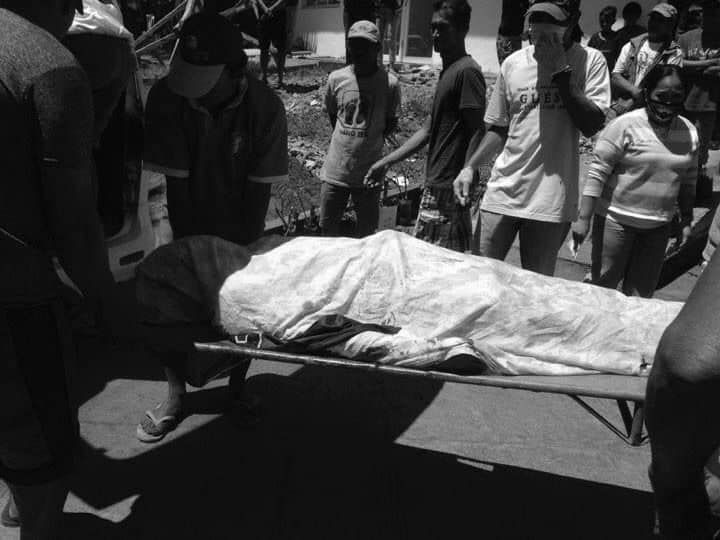PENANG, Malaysia – PAN Asia Pacific (PANAP) joins our friends and partners in the Philippines in strongly condemning the string of farmer killings in three municipalities in Negros Oriental (an island province about 850 kilometers south of Manila) on March 30, not even 24 hours since the commemoration of the Day of the Landless. The massacre could not be a more alarming reminder of the worsening human rights situation Filipino farmers face.
Initial reports have identified 14 victims in simultaneous but separate incidents of killings, with eight (8) in Canlaon City; four (4) in Manjuyod town; and two (2) in Sta. Catalina town. Elements of the Philippine National Police (PNP) carried out alleged anti-criminality operations in search of loose firearms that led to the reported fatalities, including the arrests of at least 12 local peasant leaders.
These gruesome killings have brought the peasant death toll in the Philippines to 130 since January 2017, based on our monitoring. A more troubling trend in the rise of the numbers, as we pointed out in February, appears to emerge this year, which could outpace last year’s one farmer death in every two weeks. This bodes bad news for the peasant sector in the Philippines, which PANAP has for the past couple of years ranked as the deadliest country in the world for people asserting their right to land and resources.
The local police insist the victims were supporters of armed insurgents in the region and claim their involvement in a frustrated attempt to assassinate members of the military and police in the province. But the alleged links with armed rebels or police claims of supposed armed encounters with the victims, as in past cases of similar peasant killings, have not been substantially proven. On the contrary, many witnesses dispute the police version of the incidents.
This same narrative has been used to explain away the massacre of nine sugar workers, not to mention two minors and four women, last October 2018 in Sagay City, Negros Occidental (a province about 780 kilometers south of Manila). They had occupied 75 hectares of land of the Hacienda Nene sugar plantation as part of a collective land cultivation activity, but had suffered at the hands of unknown armed goons. Five months hence, justice remains elusive for them.
Three years ago, the same narrative justified the arrests of some of the thousands of peasant protesters that gathered in Kidapawan City in North Cotabato (a province in the country’s southernmost island of Mindanao). Their demands for aid and relief at a time of drought and hunger were met with violence that resulted in the death of two people as well as the injury and detention of scores of others. Until today, no one has been held to account for these atrocities.
We condemn the continued killings and persecution of Filipino farmers amid what many describe as a thriving culture of impunity in the Philippines.
We support the demand for an independent and credible probe of the heinous killings, including by the country’s human rights commission, and hold accountable those responsible. We urge the authorities to allow such investigation to take place without delay.
We remain hopeful that the calls for justice and accountability resound more loudly now than ever. ###
Reference: Ms. Sarojeni Rengam, Executive Director, PAN Asia Pacific (nolandnolife@panap.net)







Discussion about this post